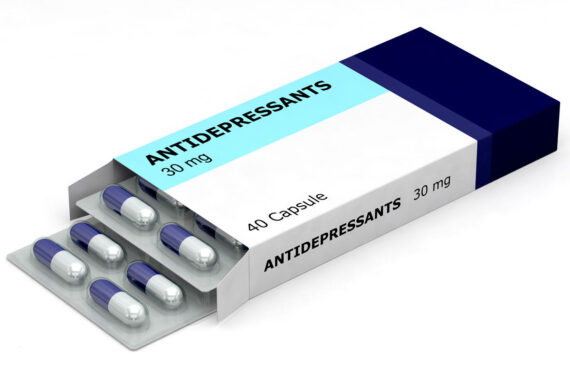GPs should use cognitive therapy to reduce antidepressant use after recovery

GPs should use preventive cognitive therapy (PCT) to help patients stop using antidepressants after recovery, according to new research.
The study, published in The Lancet Psychiatry, compared the rate of depressive relapse or recurrence in patients that maintained antidepressant use, patients who were given PCT while reducing antidepressant use and those patients who were given PCT while also maintaining antidepressant treatment.
Researchers found that adding PCT to maintenance antidepressant treatment reduced the risk of depressive recurrence by 41%, compared with antidepressants alone.
The research team also revealed that depressive recurrence rates did not significantly differ between those who received PCT while being tapered off antidepressants and those who stayed on maintenance antidepressant treatment over two years.
The paper said: ‘PCT should be offered to recurrently depressed individuals on antidepressants and to individuals who wish to stop antidepressants after recovery.’
Professor Claudi Bockting, study author from the department of psychiatry at the University of Amsterdam, said: ‘Many individuals that experienced two or more previous episodes do not wish to continue antidepressants years after remission.
‘For individuals that wish to stop antidepressants, PCT is an alternative, as there is no difference in relapse risk over two years.’
The 300 participants involved in the randomised controlled trial were recruited by GPs, pharmacists and mental health workers, and randomly assigned to one of the three groups.
Patients were only included if they had experienced at least two depressive episodes and were in remission or recovery on antidepressants for at least six months.
These findings come after a group of mental health experts called for a second consultation on the now delayed NICE depression guidelines, stating that the draft version is ‘not fit for purpose’.
Portfolio careers
What is the right portfolio career for you?

Visit Pulse Reference for details on 140 symptoms, including easily searchable symptoms and categories, offering you a free platform to check symptoms and receive potential diagnoses during consultations.











